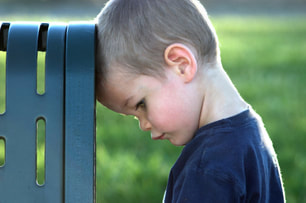Our Rabbi's were clear, Judaism maintains 2 traditions, written and oral. For countless years many have held the earlier ideas and thoughts as more authentic to the original. In this blog we will reclaim the authenticity of a Torah for our times. Reading the words of our Written Torah (Bible) with an oral tradition that changes and shifts with the times we live in was our earliest Rabbi's original intention. An Oral Torah that is informed by the values and needs of society. For if we were to remain stuck in the past we risk creating a Judaism that no longer holds God's original intention, a people dedicated to breaking the cycles of injustice and creating a society where we are each seen in, The Image of the Divine.
The Oral tradition must be reclaimed, we are gifted with a history rich in Jewish discourse but we must remember that just as Moshe entered the Beit Midrash of Akiva and had no understanding of what Akiva was teaching so too must Akiva enter our Beit Midrashot and be confused by the Torah we are teaching.
For all is Halakah L'Moshe M'Sinai.
Talmud Bavli Menakhot 29b
The Oral tradition must be reclaimed, we are gifted with a history rich in Jewish discourse but we must remember that just as Moshe entered the Beit Midrash of Akiva and had no understanding of what Akiva was teaching so too must Akiva enter our Beit Midrashot and be confused by the Torah we are teaching.
For all is Halakah L'Moshe M'Sinai.
Talmud Bavli Menakhot 29b

 RSS Feed
RSS Feed
